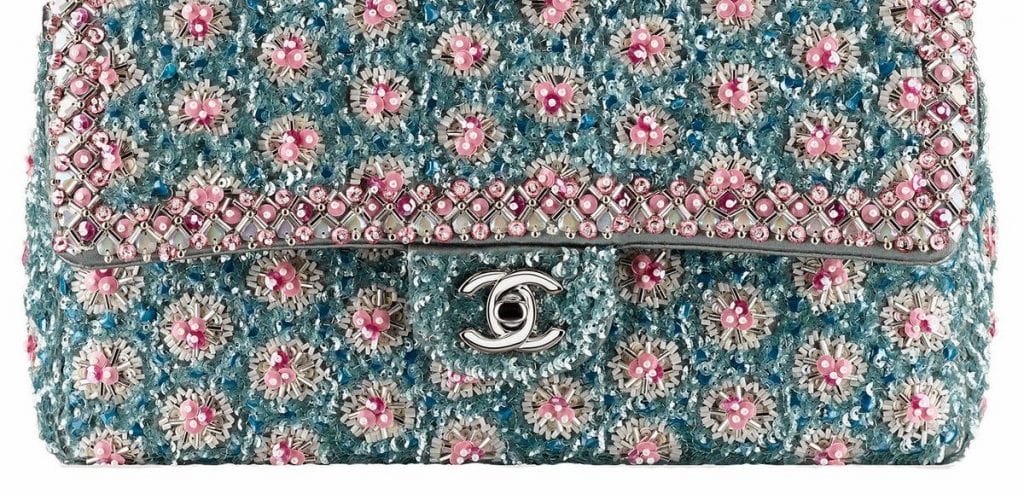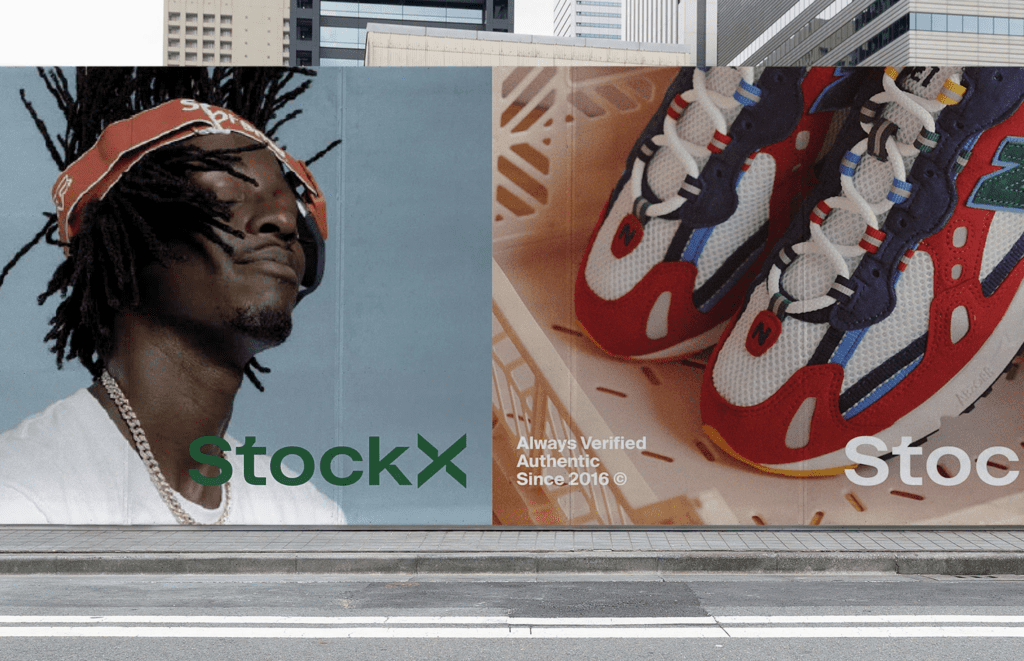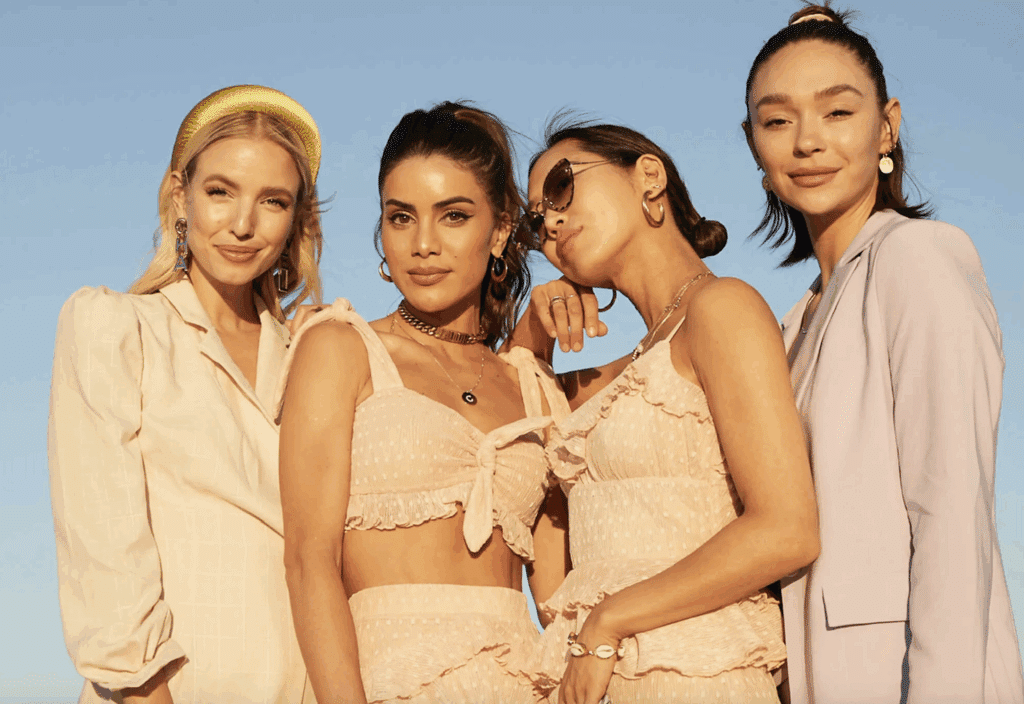Chanel is not a fan of What Goes Around Comes Around (“WGACA”) and it is not mincing words. According to a new lawsuit filed in a New York federal court on Wednesday, the French luxury goods brand claims that not only has the bi-coastal vintage retailer “built its business by piggybacking on the reputation of a handful of select luxury brands – including Chanel,” it has been actively selling counterfeit goods and attempting “to deceive consumers into falsely believing [that it] has some kind of approval of or relationship or affiliation with Chanel or that Chanel has authenticated WGACA’s goods in order to trade off of Chanel’s brand and goodwill.”
In a strongly-worded trademark suit, the Paris-based brand claims that WGACA has been utilizing an elaborate strategy “designed to suggest that [it has] an affiliation or relationship with Chanel,” which is does not. The plaintiff claims that the retailer does so “by making repeated and unnecessary use of Chanel’s famous trademarks” on its website and social media accounts; “by posting images and content exclusively associated with Chanel;” and by selling products, such as Chanel-branded tissue box covers, trays, and mirrors, which “are not authorized for sale to the public.”
The reason WGACA “would attempt to deceive or mislead consumers in this fashion is obvious,” argues Chanel. “WGACA understands that the value of its inventory and attraction for consumers increases significantly if consumers believe that Chanel has a business relationship with WGACA and approves and/or confirms the authenticity of the products WGACA sells.”
The Karl Lagerfeld-helmed brand goes on to allege that despite portraying itself as “the leading global purveyor of authentic luxury vintage accessories and apparel,” WGACA has, on more than one occasion, sold counterfeit Chanel products. According to the complaint, to determine the authenticity of its goods, WGACA “relies solely on its own purported expertise or that of undisclosed third parties,” and an authentication method that “has not authorized or approved” by Chanel, making the retailer’s Guarantee of Authenticity “false and misleading” and at times, just plain wrong.
For instance, Chanel asserts that it “recently learned that WGACA has sold counterfeit point-of-sale items, including a counterfeit handbag and fake tissue box cover, which were never authorized by Chanel.”
Oh, and in case that is not enough, the luxury brand alleges that WGACA runs afoul of the Federal Trade Commission’s advisory on the labeling of “vintage” products, which are items that are “at least 50 years old.” It claims that WGACA represents “some Chanel-branded products to consumers as ‘vintage’ even though such items are of recent distribution and sale.” Some of its “rare vintage” Chanel bags are, according to the complaint, “less than twenty years old.”
With all of this in mind, Chanel is citing claims of trademark infringement, false advertising, unfair competition, and Violation of the New York Deceptive And Unfair Trade Practices Act, among others, and is seeking an array of monetary damages and injunctive relief to ensure that WGACA will cease its alleged misconduct.
Frank Bober, Vice Chairman of What Goes Around Comes Around, told TFL: “We assure you that nothing can be further from the truth. We believe the allegations are completely unfounded and we intend to vigorously defend ourselves.”
Seth Weisser and Gerard Maione, the company’s cofounders, have since told WWD: “We take meticulous care in sourcing our authentic offerings,” Weisser and Maione said. “Our team has 25 years of training and knowledge in identifying genuine product and we offer only product that has been fully vetted by us.”
Now, the ball is in Chanel’s court to actually prove, among other things, that there is a likelihood that consumers will be confused into believing that as a result of WGACA’s “excessive” use of its trademarks that Chanel has in some way authorized or affiliated with WGACA or connected with the retailer in some way. (That is the central inquiry in a trademark infringement matter).
The suit comes on the heels of an array of claims that fellow online re-sale site, The RealReal, has also been peddling counterfeit wares.
* The case is Chanel, Inc. v. What Goes Around Comes Around, LLC, et al., 1:18-cv-02253 (SDNY).














